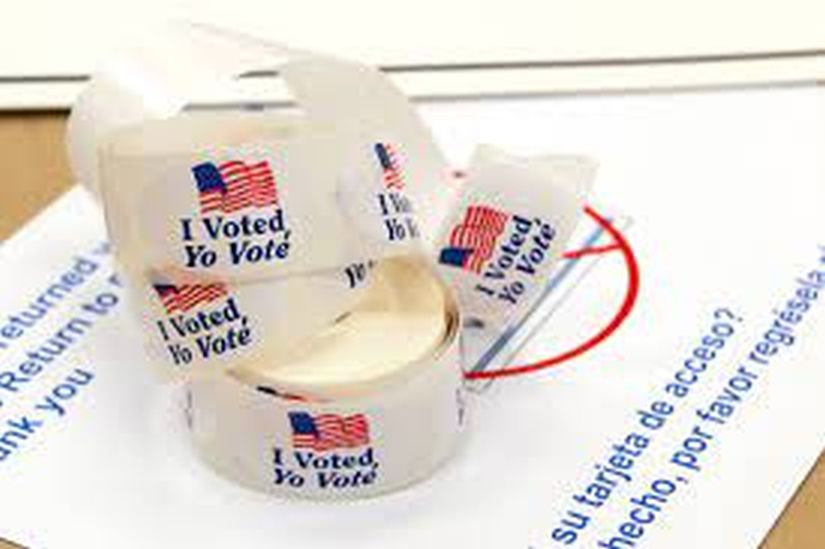Democracy defenders contend that Texas’ newly enacted restrictions on mail-in ballots are part of a nationwide pattern of Republican efforts to disenfranchise minority voters.
By Brett Wilkins. Published 1-14-2022 by Common Dreams

Photo: Forida Political Review/CC
Voting rights advocates responded with alarm to reports this week that around half of the mail-in voting applications in Texas’ fifth-largest county have been rejected as a result of a recently enacted voter suppression law that experts say is part of a nationwide Republican effort to restrict access to the polls.
According to The Texas Tribune, election officials in Travis County—home of the state capital, Austin—said they have rejected around half of the 700 requested vote-by-mail applications they’ve received so far ahead of the March primaries. The officials say they are complying with S.B. 1, a controversial law signed by Republican Gov. Greg Abbott last September.
“You know, this seems to be an attempt to suppress individuals from actually going to exercise their right to vote,” Tommy Buser-Clancy, a senior staff attorney with the ACLU of Texas, told KUT. “This makes it more important for voters to be educated about what is or is not allowed under the new laws.”
Described as “state-sanctioned voter suppression” targeting the minorities who make up an increasing share of Texas’ electorate, S.B. 1 requires voters to provide their driver’s license number or last four digits of their Social Security number—which must match data on file with state election officials—while restricting early voting hours, empowering partisan poll watchers, establishing monthly citizenship checks, and making it a felony for public officials to promote mail-in voting.
S.B. 1 is the target of lawsuits filed by rights groups and the U.S. Department of Justice, which alleges the legislation violates the Civil Rights Act of 1964 and the Voting Rights Act.
To be clear, this is more than a Travis County thing — as reported by @alexazura yesterday:https://t.co/FAfPmwqZnY
— Ashley Lopez (@AshLopezRadio) January 14, 2022
Other Texas counties are also seeing a significant number of vote-by-mail applications rejected.
The Texas Tribune reports:
In Harris County, 208 applications—roughly 16% of the 1,276 applications received so far—have been rejected based on the new rules. That includes 137 applications on which voters had not filled out the new ID requirements and 71 applications that included an ID number that wasn’t in the voter’s record.
In Bexar County, officials have rejected 200 applications on which the ID section was not filled out. Another 125 were rejected because the voter had provided their driver’s license number on the application, but that number was not in their voter record.
“It’s disturbing that our senior citizens who have relished and embraced voting by mail are now having to jump through some hoops, and it’s upsetting when we have to send a rejection letter [when] we can see they’ve voted with us by mail for years,” Bexar County Election Administrator Jacque Callanen told the Tribune.
In a separate interview with San Antonio Report, Callanen called the new law’s restrictions—which also include a prohibition on voters requesting mail-in ballots for their spouses—”just ridiculous.”
Democracy defenders argue that legislation like S.B. 1 are part of a nationwide effort by Republicans to suppress access to the polls that include map-rigging, voter identification laws, and a reduction in early voting and polling places and hours.
According to the Brennan Center for Justice, between January 1 and December 7, 2021, at least 19 states passed 34 laws restricting access to voting—a “tidal wave” of voter suppression that experts say shows no sign of breaking as the nation heads into the 2022 midterm and, before too long, the 2024 general election campaigns.
Voting rights advocates contend that the best way to counter GOP voter suppression efforts is by passing two pieces of federal legislation—the Freedom to Vote Act and the John R. Lewis Voting Rights Advancement Act—that have stalled in Congress due to GOP obstruction and opposition to abolishing the filibuster by right-wing Democrat senators, chiefly Joe Manchin of West Virginia and Arizona’s Kyrsten Sinema.

